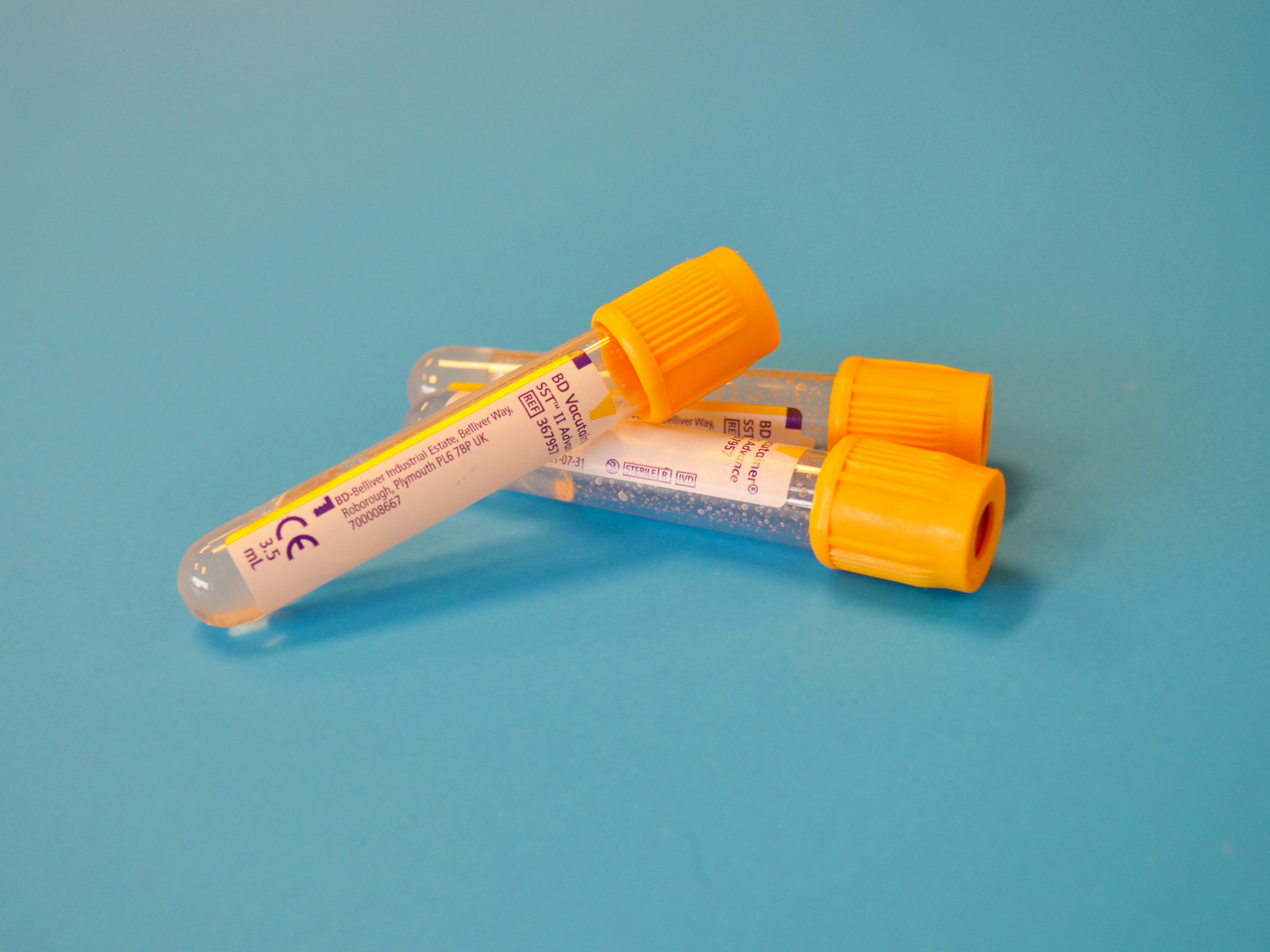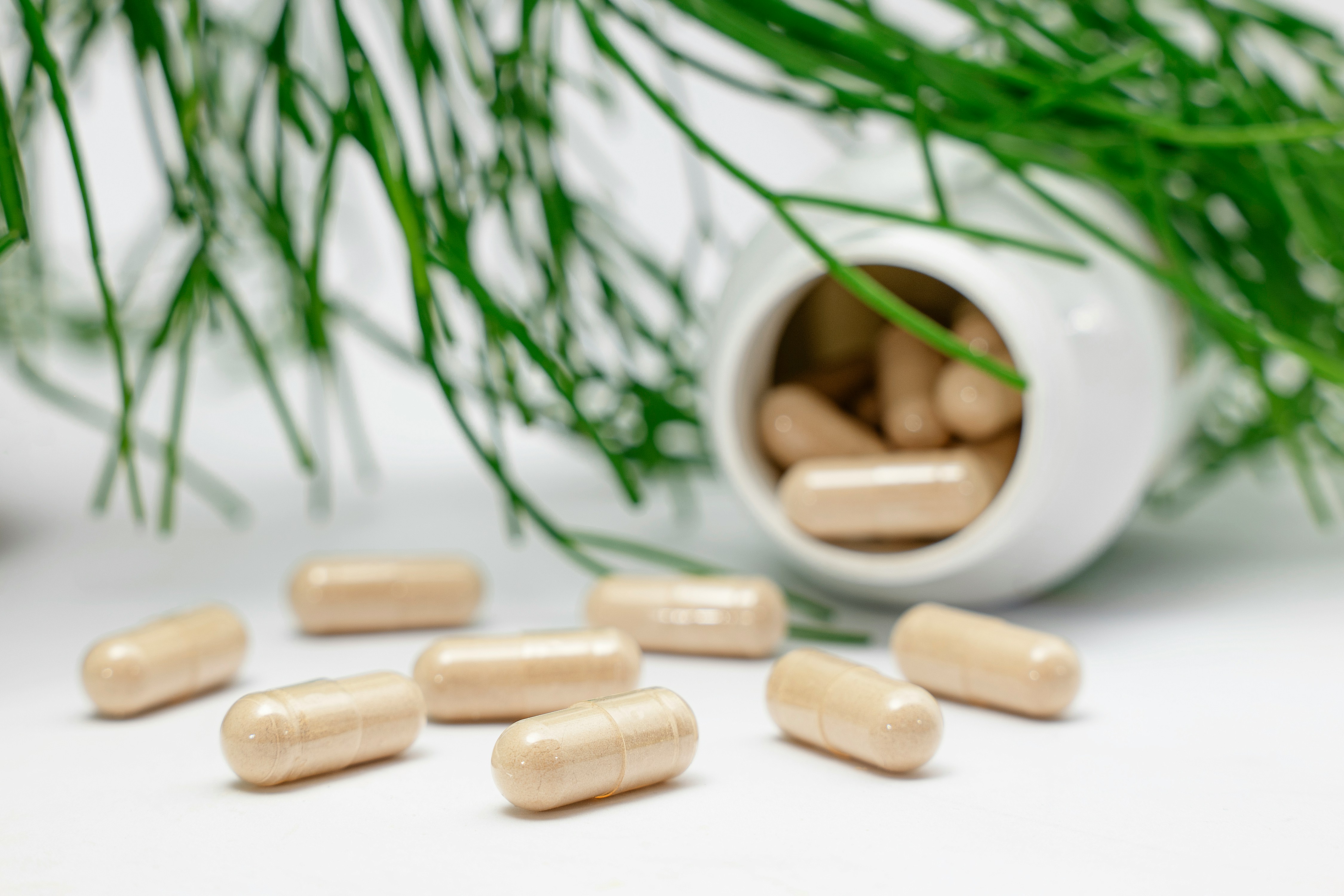Manage your Stress
One of the most powerful steps you can take to create a healthy immune response is to lower stress levels. Chronically elevated stress levels cause an increase in the secretion of a stress hormone,cortisol. Cortisol has several impacts on the body, one of them includes dampening aspects of the immune system over the short term. Overtime, high cortisol levels lead to an inflammatory cascade which triggers a weaker disease response from the immune system. In a study where researchers looked at the impact of stress on the immune response, authors found those under chronic stress had an increased likelihood of contracting the common cold.
Now, decreasing stress is easier said than done. Think of it as decreasing your response to stress rather than trying to decrease the total amount of stress in your life. Can you add in ways to help release this stress? Try activities such as deep breathing, exercise, meditation and taking some time for yourself to do something you love. Remember, some is better than none. You don’t have to meditate for 30mins, it might mean you take 2 minutes to do some deep breathing before you walk into your house after work. It might mean Wednesday nights you go on a walk by yourself to listen to a podcast or call a friend. Find activities that work with your schedule. We don’t want you to start stressing over your stress-relievingactivity!
Supplementing with apoptogenic herbs and mushrooms can also be beneficial for some individuals who are struggling to manage stress.
Consume a Healthy Diet.
Providing the body with the appropriate number of antioxidants, phytonutrients, vitamins, and minerals is essential for proper immune function. Therefore, a diet high in fruits and vegetables is supportive of a healthy immune system. Aim for a minimum of 5 servings of fruits and vegetables a day to obtain adequate levels of these compounds. This might mean adding in a greens powder to a smoothie on days where you’re not hitting your goal. Whole foods are usually a better option, but a powder is a great way to boost the antioxidants you would get from fruit and veg.
Limiting processed foods such as pastries,white breads, fried foods, and sugary cereals is also important when looking to optimize immune health. Highly processed foods and foods high in sugar can hinder the immune response.
Get Enough Sleep
Sleep is a fundamental aspect of health. Without proper sleep the body cannot regulate an effective immune response. Both the innate and adaptive arms of the immune system are impacted from a lack of sleep. During sleep, the body produces immune proteins called cytokines which are used to fight off infection. A lack of sleep is associated with increased risk of infection and a diminished response to vaccination.
In a study which monitored the impact of sleep on immune function, researchers gave participants nasal drops with the common cold virus. Authors found that individuals who slept less than 7 hours were almost three times as likely to develop a cold when compared to those who slept 8 hours.
Prioritizing sleep can be difficult, especially if you have young children. Do the best you can here. If you are struggling to hit 8 hours, it may be helpful to have a look at your bedtime routine. What time are you winding down? What time is your phone going away? Do you need to wind down by watching a show each night?Could you instead add 30 mins to your sleep?
Exercise.
Exercise is important for a healthy immune response. However, studies that look at the impact of exercise on immune health find that there is an exercise ‘sweet spot’.Prolonged periods of intense exercise training can depress immunity, while regular moderate intensity exercise is favourable. A single sessions of moderate intensity exercise can enhance immune function and even improve vaccine response in some populations.
Examples of moderate exercise vary depending on current activity levels. For those who do not regularly exercise, moderate exercise includes taking a brisk walk, a yoga class, jogging, weightlifting, swimming or hiking.
Anote that most of the population is not over-exercising. If you are new to exercise, add it into your routine slowly. If you frequently exercise, this will benefit your immune response but doing 90 mins of intense exercise 6 days a week might not be beneficial to your immune health, especially if this is at the expense of something like sleep.
Reduce Alcohol Intake
Alcohol intake influences both the adaptive and innate immune system. After alcohol consumption, there is a period of immunosuppression which increases the risk for bacterial or viral infection. Alcohol is also pro-inflammatory and leads to disruption of normal cell signalling involved in a proper immune response. Consumption Is on a dose, response curve, the more you drink, the more of an impact it will have on your immune system.
Alcohol Intake should stay below one drink per day for women and two for men. Although,none is better. So, avoiding alcohol altogether may be best during cold and flu season or if you start to feel run down.
Vitamins and Supplements
There is a long list of vitamins, minerals,and herbs which can be beneficial to overall health. Some supplements may be better than others depending on your individual needs. Some of these include:
- Vitamin D
- Vitamin C
- Probiotics
- Zinc lozenges
- Echinacea
- Goldenseal
- Elderberry
- Licorice
- Omega-3 fatty acids
- Mushroom complexes
- Apoptogenic herbs
Although we cannot always control our exposure to infection, we can control lifestyle factors such as sleep, diet, exercise, and alcohol intake. Having a healthy immune system may help decrease both the frequency and severity of colds and flus as well as more severe illness throughout the lifespan.
Are you looking for a fall health plan? Let's chat! Book a free meet and greet today.










